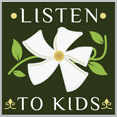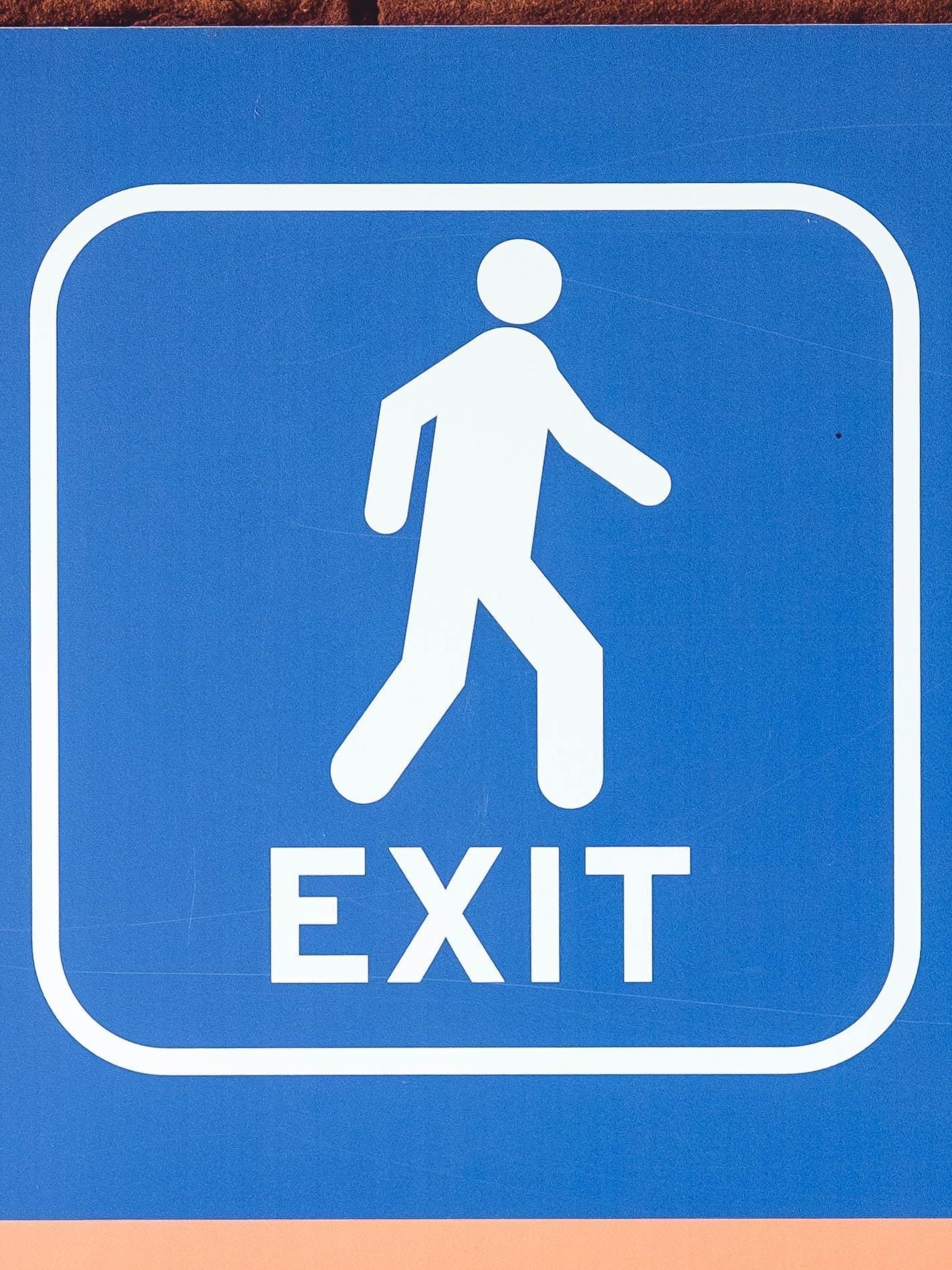When a kid discloses abuse:
As an adult, focus on only THREE THINGS:
- BELIEVE THE KID. Take this very seriously. Respond with trust in the child's words until proven otherwise. Offer sorrow and/or outrage if that's what you feel. You may validate the child with words like: "That should never happen to anyone." "It's not your fault." "This is very serious and we need to take care of you and make sure you're safe."
- REMOVE THE KID FROM DANGER (as permanently as possible). This may be as simple as bringing the child to the closest Child Advocacy Center immediately. Click HERE for a list of local Child Advocacy Centers. If you can't transport the child there right away, call them and set up an appointment.
- REPORT THE ABUSE TO THE POLICE OR CHILD SERVICES: 1-855-4LA-KIDS (1-855-452-5437)
Very few survivors of child abuse EVER tell anyone, so if this happens, it's almost a miracle.
That kid has chosen to entrust YOU with the terror he or she is facing.
MORE STEPS:
3. If you're not the kid's parent, inform the parents immediately. (If the accused is a parent, pause. This is tricky. A perpetrator will likely punish the child for "telling," and the child is terrified of that, so seek advice from a Child Advocacy Center first.)
4. If it doesn't seem to be happening currently in the kid's life, but happened in the past, and you're convinced the kid is NOT IN DANGER, you're still required to report it to the authorities.
Now, having done that several times, I will tell you that the authorities are not always responsive. You need to report it so that there's a record, regardless.
5. After those crucial things (believing, removing and reporting), parents or caretakers should immediately set up an appointment at their parish Child Advocacy Center.
In the NOLA area:
Orleans -- Uptown -- Audrey Hepburn CARE Center/New Orleans Child Advocacy Center (NOCAC), (504) 896-9237, 1101 Calhoun Street
Jefferson -- Gretna -- Jefferson CAC, (504) 364-3857, 220 Lavoisier Street
Plaquemines -- Belle Chasse -- Plaquemines C.A.R.E. Center, (504) 393-5750, 115 Keating Drive
St. Tammany -- Covington -- CAC Hope House, (985) 892-3885, 223 W. 28th Avenue
6. While waiting for your appointment at a CAC, focus on making the child feel as safe and protected as possible. Allow the child to make choices about who he/she is with and their environment, and respect their choices. Even a little choice like what to eat or wear will help them to feel empowered again.
7. Armed with the resources & advice the CAC provides, parents should look into counseling and psychological evaluation for the kid, and set up a counseling appointment ASAP. They should also receive training on parenting kids with PTSD. Again, the best resource is your local Child Advocacy Center.
8. After some time has passed from the initial traumatic event & the kid feels safe, tell the kid things like this (repeating as often as they need): "I believe what you told me. What happened to you was wrong, and not your fault. It should never happen to anyone. Let's talk about ways to avoid being in the same situation again. Here's what you should do if it starts happening again: say 'no!,' escape the situation, and call me." THEY NEED THESE WORDS. They'll actually need you to repeat these words throughout their lives. Their healing & lifelong recovery from abuse begins with the way adults respond to it. Show them that some adults really do prioritize their health and safety.
9. Keep in touch. Once a plan is in place to actively address the situation from the angles of mental health, physical health, and criminal justice, check in regularly to let the kid know you care & you're here to help and support.
An answer from the Darkness to Light website:
https://www.d2l.org/get-help/being-the-safe-adult/








